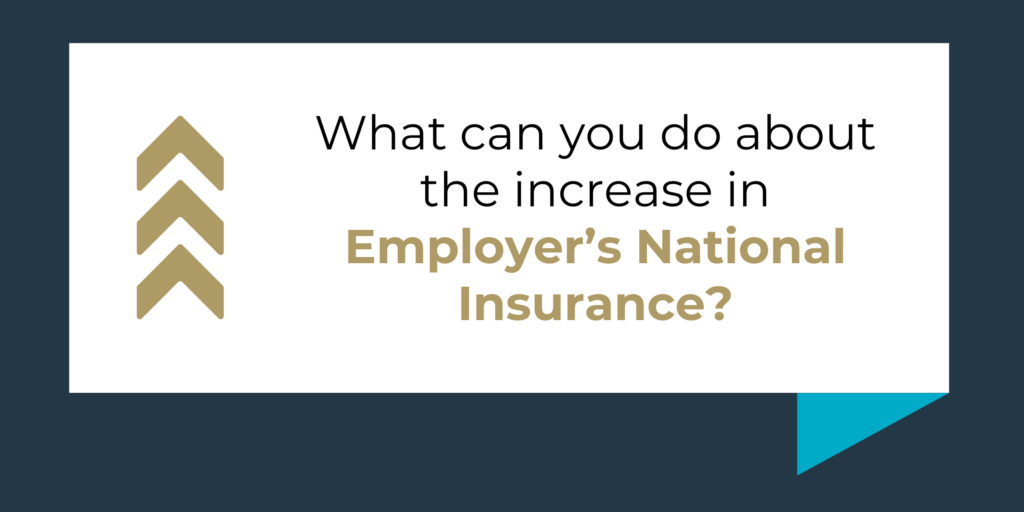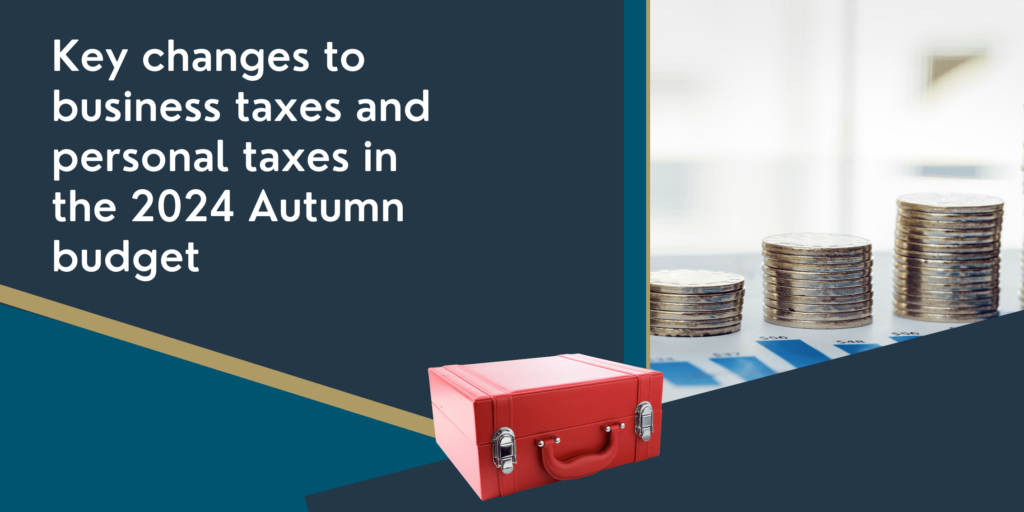Football and Tax Hit the Headlines Again
Ex England manager Sam Allardyce claimed HMRC is the “most corrupt business” in Britain during the recent investigation carried out by The Telegraph into alleged corruption in football. His accusations include comments that “HMRC issue tax demands without any real knowledge whether they should or shouldn’t”.
It is understood that Allardyce has been investigated twice over his own tax affairs:
- In 2013, Allardyce was named in connection with HMRC’s enquiry into a tax scheme with a recorded £450 million invested.
- In 2011, he was also named as being involved in a £275million tax fraud involving a fake film company.
Following the huge publicity surrounding the sting that led to Sam Allardyce departing as England manager last week, it is now believed that investigators from HMRC are to probe allegations of illegal payments surrounding football transfers.
Other High Profile Football Tax Cases
In 2012, Harry Redknapp (who was Spurs manager at the time and was also favourite to be the next England manager) was accused of tax evasion and was acquitted at Southwark Crown Court in London.
Peter Shilton (who still holds the most caps as an England player) was subject to a successful enquiry by the Inland Revenue (now HMRC) in relation to a fee he was paid when signing for Southampton from Nottingham Forest.
Conversely, when the England football team won the World Cup in 1966, a bonus was paid to members of the team and Inland Revenue were unsuccessful in claiming that this bonus was taxable employment income. The players successfully argued it was deemed not to arise from their employment.
Are “Bungs” Taxable?
Bungs have been widely recognised as private payments made to individuals in football as a success fee for introducing parties to a transaction (such as a transfer of player). There has been previous speculation that the “bungs” have taken various formats – including a brown paper envelope full of cash being passed to someone in a motorway service station!!!
A thorough review of tax legislation and HMRC tax manuals has not been able to identify “bungs” as being exempt from income tax and it is therefore safe to assume that any such payments should be taxable in full on the recipient.
Tax Planning – Not Tax Evasion
Self assessment for UK tax payers means the responsibility for declaring taxable income and paying tax is the responsibility of the UK tax payer. Penalties, interest and even criminal proceedings can follow if HMRC believe the rules are not being complied with.
Legitimate tax planning and legitimate tax avoidance are to be encouraged – for further information see: www.perrysaccountants.co.uk/tax-planning
Article written by Declan McCusker







